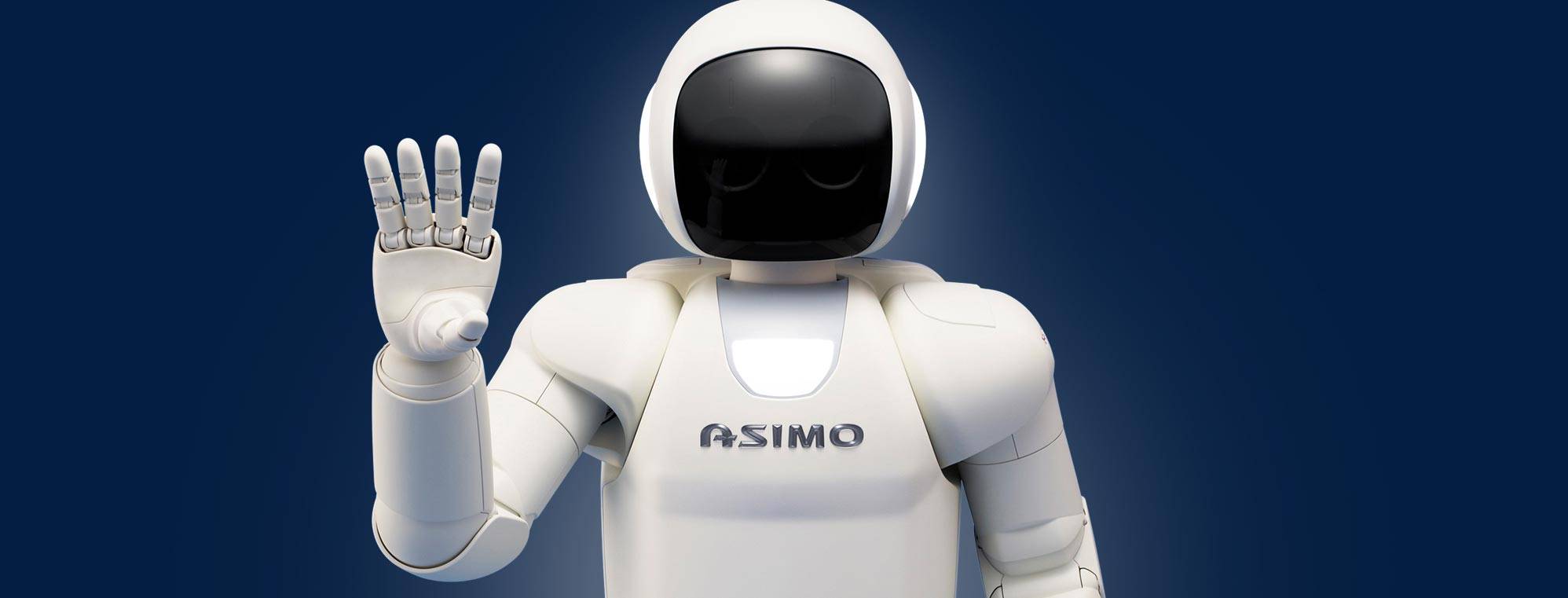What is and how to train in Full-Stack development?
A Full-Stack developer is a developer who has the ability to work on both the visual appearance (Front-End) and development (Back-End) of web or mobile applications. This term has gained a lot of popularity in the field of programming and web development due to the versatility and wide range of skills that Full-Stack developers bring to software projects.
In this article, we will explore what Full-Stack development is, the skills needed to become a Full-Stack developer and how you can train in this area at UDIT thanks to the Full-Stack Development Degree.
What is Full-Stack Development?
Full-Stack development combines knowledge of Front-End technologies, which are what the end user sees and interacts with in their browser or mobile application, with Back-End technologies, which are the servers, databases and applications that work on the server to process the business logic, store data and serve this data to the client. The Full-Stack developer understands how to work through the entire development process of the website or web application, from understanding a request from the client, processing it on the server and finally presenting the results to the client.
Discover the job of a Full-Stack developer.
Necessary skills
To be a Full-Stack programmer requires a combination of skills in several areas:
- Front-End: Proficiency in HTML, CSS and JavaScript is essential. In addition, having experience with popular frameworks and libraries such as React, Angular or Vue.js can be very beneficial.
HTML/CSS: Understanding the structure and presentation of web pages.
JavaScript: Being able to create dynamic interactions in the browser.
Front-End Frameworks: Familiarity with Angular, React, or Vue.js, which help develop complex and responsive applications.
- Back-End: Knowledge in at least one of the commonly used programming languages for server-side development, such as Java, Python, Ruby, Node.js or PHP. In addition, understanding how to work with SQL and NoSQL databases is crucial.
Programming languages: Knowledge in Node.js, Python, Ruby, Java, or PHP, used for server-side development.
Databases: Handling of relational databases (such as PostgreSQL or MySQL) and non-relational databases (such as MongoDB).
APIs: Creation and consumption of REST or GraphQL APIs for communication between Front-End and Back-End.
- Version control: Familiarity with version control systems, especially Git, as it is fundamental for collaboration in development teams.
- Develop Soft Skills: In addition to technical skills, soft skills are equally important. The ability to communicate effectively, work in teams, manage time and solve problems are essential in most work environments.
- Basic networking understanding: Knowledge of how networks work, including HTTP/HTTPS and RESTful API or GraphQL concepts.
- Web security: Understanding of basic web security concepts to protect applications against common vulnerabilities.
- Understand the principles of software design and architecture.
- Having a basic understanding of software design and architecture principles is crucial to building efficient and maintainable applications. This includes design patterns, SOLID principles, and architectures such as microservices.
Training in Full-Stack Development
The Full-Stack Developer Degree provides a solid foundation in programming principles, data structures, algorithms and networks. You will become an all-round programmer mastering software development and front-end/back-end programming.
At UDIT, you will be trained in the most complete and advanced way in one of the most demanded areas in the world. For four years you will train alongside professional teachers from the sector and you will carry out guaranteed internships in leading companies in the sector.
You will be able to achieve a unique technical profile, completing your training with an official Cloud certification recognised worldwide (Microsoft or AWS).









